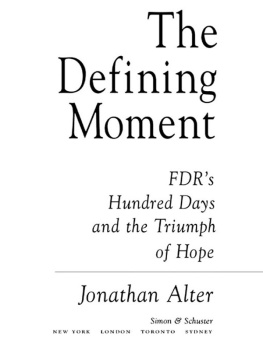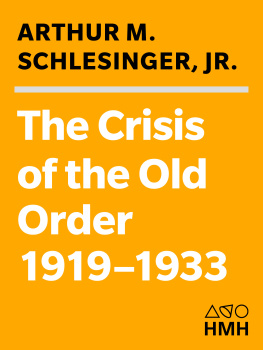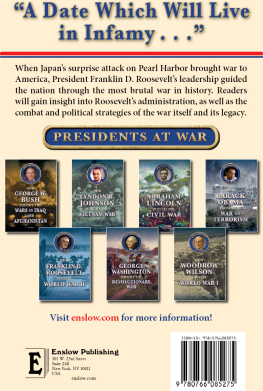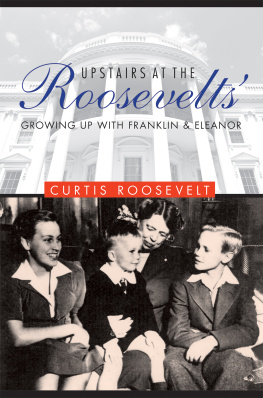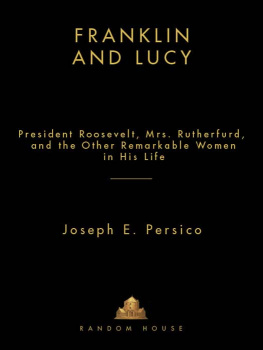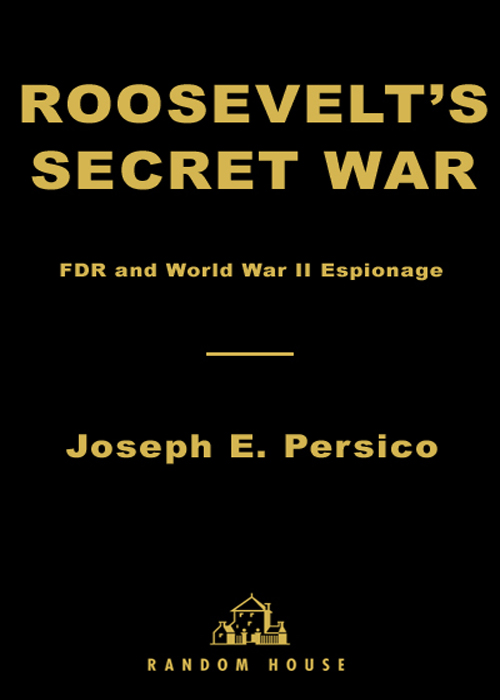
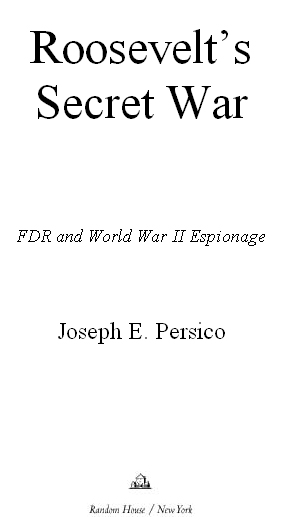
Contents
To the next generation,
Amanda, Joshua, and Georgia,
and my literary agent,
Clyde Taylor
If you know the enemy and know yourself, you need not fear the result of a hundred battles. If you know yourself but not the enemy, for every victory gained you will also suffer a defeat. If you know neither the enemy nor yourself, you will succumb in every battle.
Sun-tzu The Art of War
Acknowledgments
WRITERS of history and of historical figures must stand on the shoulders of numerous others in order to tell their story. This book could not have been written without the unstinting cooperation of the staff of the Franklin D. Roosevelt Library in Hyde Park, New York. At the time I began, the librarys director was Verne W. Newton, who, in addition to steering me initially in wise directions, read my final manuscript with great care and to the authors profit. I especially benefited from the assistance of the librarys supervisory archivist, Raymond Teichman, and Lynn Bassanese was unfailingly helpful and imaginative in handling my queries. Others who aided me at Hyde Park were Robert Parks, Nancy Snedeker, Alycia Vivona, and Mark Renovitch, who was especially helpful in finding photographs. Verne Newtons successor, Cynthia Koch, continued to provide the backing of her staff.
At the National Archives I relied on William Cunliffe, Larry Macdonald, John Taylor, and Sidney Shapiro. At the Library of Congress, I was assisted by Margaret Krewson, former chief of the European Division, Mark Matucci, and Marvin Kranz. I thank Meredith Butler, director of libraries at my alma mater, the State University of New York at Albany, and among her staff I am deeply indebted to William Young for tracking down my endless queries. I have been well served by a talented reference team at the Guilderland, New York Library who researched numerous matters for me. That staff, under the librarys director, Carole Hamblin, included Margaret Garrett, Gillian Leonard, Maria Preller, Eileen Williams, Joseph Nash, and Thomas Barnes. At the New York State Library, I was assisted by Jean Hargrave and Eileen Clark.
I received valuable help from the Truman Library in Independence, Missouri, beginning with the librarys director, Larry Hackman, and particularly from Randy Sowell. The Truman scholar Robert Ferrell was extremely generous to me. Duane A. Watson of Wilderstein Preservation Incorporated opened for me the files of FDRs confidant Margaret Suckley. I was measurably helped by two noted historians of intelligence, Michael Warner of the Central Intelligence Agency and Robert L. Benson of the National Security Agency. Five other accomplished writers in the intelligence field, Thomas Troy, David Kahn, Hyden Peake, Arnold Kramish, and Rick Russell, also provided me with invaluable help. Nicholas B. Sheetz, manuscripts librarian at Georgetown University, generously opened his collection to me. Several of my requests dealing with military matters were filled by the staff of retired General Colin Powell, including his chief aides, William Smullen, Peggy Cifrino, and Larry Wilkerson. Derek Blackburn provided useful Churchill material.
I benefited enormously from the time and freedom provided by fellowships to the Rockefeller Institute Study Center at Bellagio, Italy, and the Bogliasco Foundation, also in Italy. My daughter, Vanya Perez, ably prepared the manuscript. And I thank Edwin Sours, Henry Jurenka, John Foley, and Michael Mattioli, each of whom knows what he did to keep this project moving.
Others who read the manuscript and provided invaluable guidance included my wife, Sylvia LaVista Persico, and fellow writers Bernard Conners and Tanya Melich. I further want to recognize the valued role of my late agent, Clyde Taylor, in the publication of this and my other works. Finally, I was the fortunate author guided by the sure hand of Robert Loomis, my editor, who supplied enthusiasm, judgment, and encouragement throughout this project.
A Note to Readers
THERE exists, for intelligence practitioners and scholars, precise distinctions between codes and ciphers, cryptology and cryptanalysis, coding and encryption, decoding and decryption. However, in the interest of reducing confusion for the general reader, these terms are used here in their broader colloquial sense. Were purist rules to be followed, the Hugh Whitemore play about Alan Turings role in Ultra would have to be entitled Breaking the Ciphers, not Breaking the Code. This is a linguistic straitjacket that I have hoped to avoid.
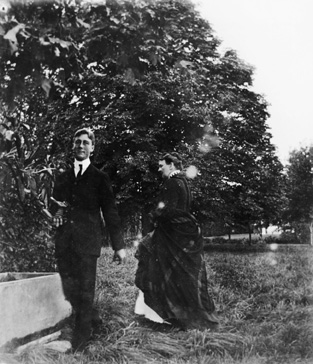
As a Harvard student, FDR developed a code to mask his diary entries, particularly those about his relations with a young Boston lady. (FDR Library)
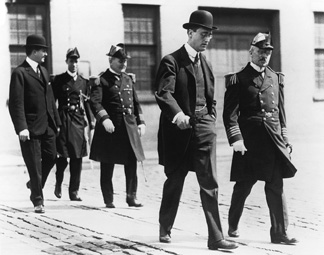
FDR as assistant secretary of the Navy. His favorite component of the Navy Department was the Office of Naval Intelligence, which he expanded and staffed with trusted socialite friends. (FDR Library)
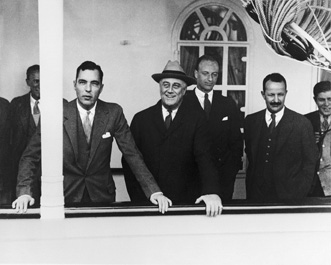
FDR with his friend Vincent Astor (left), who carried out espionage from his oceangoing yacht and who fed the President intelligence before World War II through The Club, a secret society of highly placed Americans. (FDR Library)
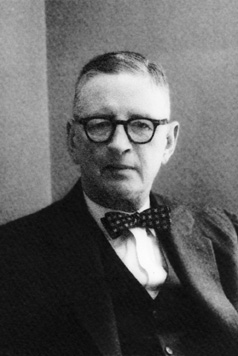
John Franklin Carter, a Washington columnist who ran a spy ring for FDR directly from the Oval Office. (Sonia C. Greenbaum)
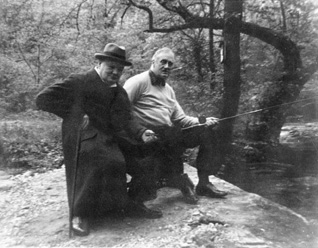
British Prime Minister Winston Churchill and FDR along a stream at the Presidents retreat, Shangri-la. Their partnership began with secret correspondence predating Americas entry into the war. (FDR Library)
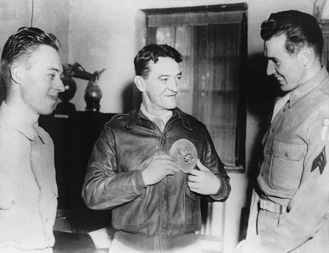
General Claire Chennault (center), the American aviation advisor to China, who became involved in FDRs scheme to firebomb Tokyobefore Pearl Harbor. The plan fell through but led to Chennaults formation of the legendary Flying Tigers. (FDR Library)
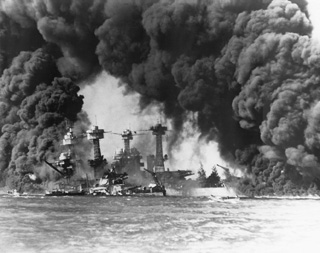
The Japanese attack on Pearl Harbor on December 7, 1941, was the result of the greatest intelligence failure in American or perhaps all military history. Responsibility for the incident is still hotly debated. (FDR Library)
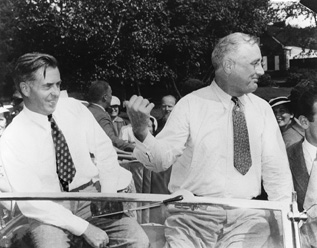
Next page

